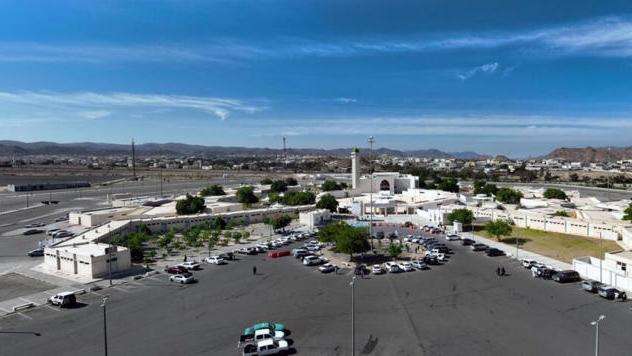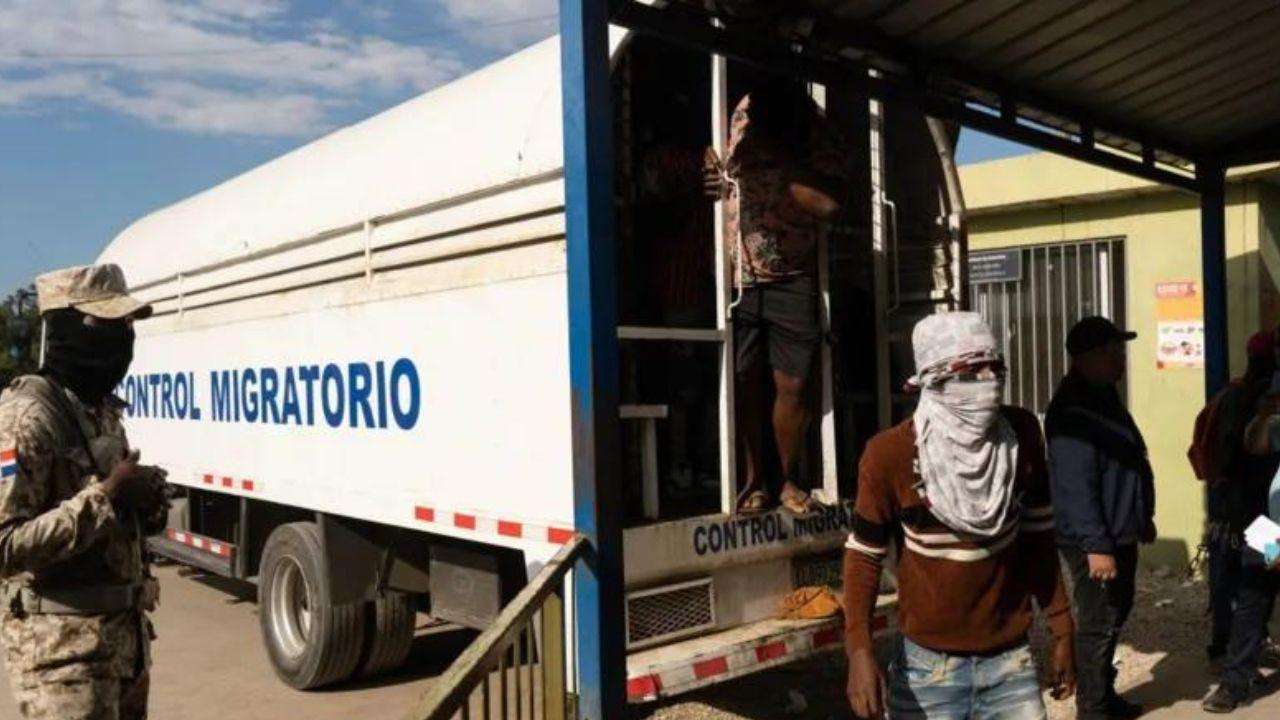The requirement for foreign workers on the local market is expected to be between 200,000 and 250,000, driven by the demands of various industries, mainly in the construction and hospitality (Horeca) sectors. Romania is facing a labour shortage as a result of many Romanians leaving the country to find employment elsewhere.
Melania Pop, Business Development Manager at International Work Finder (IWF), offers commentary on the matter, pointing out that Romania might import up to 300,000 foreign workers in 2025 to cover economic shortfalls if bureaucratic obstacles were removed.
Romania’s Demand for Foreign Workers May Triple Current Limit
The government of Romania has established an annual cap of 100,000 foreign workers, but recruitment companies are warning that this would not be enough to meet the country's rising need.
According to industry analysts, the actual requirement could be three times higher than the current cap, highlighting the importance for legislative modifications to address the labour shortfall. One of the major players in the recruitment industry, IWF, presently sources personnel from ten nations, including Egypt, the Philippines, India, Indonesia, Nepal, and Sri Lanka.
The process of bringing foreign workers to Romania in 2024 has become more complex compared to last year due to stricter regulations and bureaucracy. In addition, the language, skills and experience requirements are more rigorous, and the authorities are more attentive to selecting foreign workers to ensure an efficient integration into Romanian society.
--
Melania Pop, Business Development Manager International Work Finder (IWF)
Romania Approves 100,000 More Foreign Workers for 2024
Less than 1% of the non-EU workers that International Work Finder (IWF), which has a 10% market share in Romania's recruiting industry, has placed in the nation have looked for work in other Schengen countries. In its seven years of existence, IWF has become one of Romania's biggest employers of foreign labour, having successfully hired over 15,000 non-EU workers for a variety of businesses.
- Postal and Courier Activities (38,522 vacancies)
- Staff Contracting (28,237)
- Restaurants (26,776)
- Road freight transport (14,986)
- Protection and Guard Services (14,257)




_7.jpg)



.svg)

